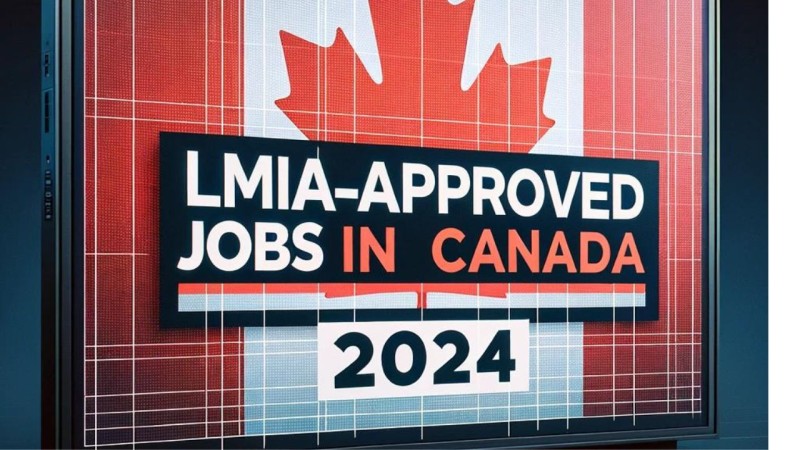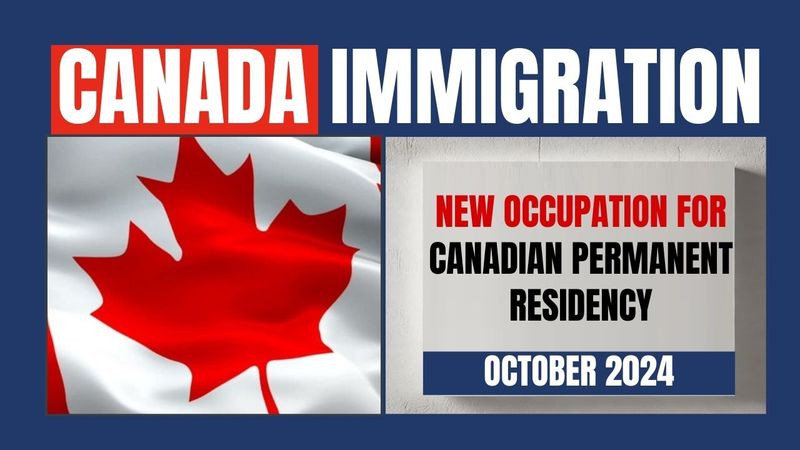The Nigerian government has re-opened the application portal for the Presidential Conditional Grant Scheme (PCGS) in 2024, offering financial support for small-scale businesses across the country. This grant aims to empower nano businesses by providing them with the financial resources to grow, expand, and compete in a challenging market. The program is part of the government’s effort to foster inclusive economic growth by addressing the financial constraints faced by micro-businesses in Nigeria.
What is the Presidential Conditional Grant Scheme (PCGS)?
The Presidential Conditional Grant Scheme (PCGS) is an initiative designed to provide targeted financial support to small-scale businesses, specifically those classified as nano businesses. The grants are aimed at helping these businesses to expand, generate jobs, and improve their operational efficiency. The PCGS offers grants of N50,000 to qualifying businesses, providing them with the financial means to enhance their inventory, acquire necessary equipment, and boost their marketing efforts.
This program is available to eligible businesses across all 774 local government areas in Nigeria, ensuring that small businesses in every part of the country have access to this support. The initiative helps stimulate local economies by directly supporting entrepreneurs at the grassroots level, making it an important element in Nigeria’s broader economic development agenda.
What is a Nano Business?
Nano businesses are the smallest type of business in the entrepreneurial ecosystem. These businesses are typically run by a single individual and often have minimal resources or capital. Despite their small size, nano businesses play a crucial role in the economy by offering specialized products or services that cater to niche markets. Here’s a breakdown of the key characteristics of nano businesses:
- Operated by One Person: Most nano businesses are owner-operated, with the entrepreneur managing every aspect of the business.
- Limited Capital and Resources: These businesses usually begin with a small investment, relying more on the owner’s skills and resourcefulness than large capital.
- Local Market Focus: Nano businesses often serve local communities, providing products or services that meet specific needs.
- Specialized Products and Services: These businesses tend to offer products or services tailored to their customers’ unique demands, making them highly specialized.
- Utilization of Digital Tools: Many nano businesses leverage digital platforms for marketing and customer engagement, making them flexible and accessible.
- Agility: Nano businesses are often quick to adapt to changes in market conditions or customer preferences, which helps them stay competitive.
- Profitability and Sustainability: Despite their size, nano businesses can be profitable, providing a stable income for their owners.
- Gig Economy Contribution: Many nano businesses are part of the gig economy, offering flexible employment opportunities for individuals.
Eligibility Criteria for the PCGS
The Presidential Conditional Grant Scheme focuses on inclusivity and aims to support specific groups within society. The distribution of grants under the program is designed to ensure that these groups benefit the most. The breakdown of eligible groups and their allocation is as follows:
- Women and Youth: 70%
- People with Disabilities: 10%
- Senior Citizens: 5%
- Other Demographics: 15%
These percentages reflect the government’s commitment to ensuring equitable access to support for various demographics that are often underserved in traditional financial systems. The high allocation for women and youth is particularly significant, as these groups tend to face greater barriers when starting or scaling a business.
Qualifying Businesses for the PCGS
Several types of businesses qualify to apply for the Presidential Conditional Grant Scheme. The broad range of eligible sectors ensures that the grant can benefit various small enterprises across Nigeria. Here are some of the business types that can apply for the grant:
- Traders: This includes individuals running small retail shops, corner stores, or market stalls. Traders who sell essential goods to local communities are eligible for the grant.
- Food Services: Small-scale food vendors, including vegetable sellers, food stalls, and meal providers, qualify for the grant. These businesses are crucial for supplying fresh produce and meals to local areas.
- ICT Businesses: This category includes business centre operators, phone chargers, and other ICT service providers. Businesses offering communication and technology services are vital in bridging the digital divide in many communities.
- Transportation: Small-scale transport businesses, such as independent delivery riders or wheelbarrow pushers, are eligible for the grant. These businesses help facilitate the movement of goods and people within local communities.
- Creatives: This includes businesses in the creative industries, such as makeup artists, fashion designers, and dry cleaners. These entrepreneurs offer specialized services to meet specific customer needs.
- Artisans: Skilled workers such as vulcanizers, shoemakers, painters, and general repairers who provide essential services to their local communities are also eligible for the grant.
These diverse sectors represent the backbone of Nigeria’s local economies. By supporting such businesses, the Presidential Conditional Grant Scheme ensures that entrepreneurs can access the resources they need to enhance their productivity and sustain their operations.
How to Apply for the PCGS
Applying for the Presidential Conditional Grant Scheme is a straightforward process, but it requires applicants to meet the eligibility criteria and follow the guidelines set by the Nigerian government. The application portal is open for a limited time, so it’s important to apply as soon as possible. Here’s an overview of the application steps:
- Visit the Application Portal: The Nigerian government has set up an online portal where businesses can apply for the grant.
- Provide Business Details: Applicants need to provide details about their business, including its type, location, and number of employees (if applicable).
- Verify Eligibility: During the application process, applicants will be asked to confirm that they meet the eligibility criteria.
- Submit Required Documents: Supporting documents, such as proof of business registration (if available), may be required.
- Wait for Approval: After submitting the application, businesses will receive feedback on whether they qualify for the grant. If approved, the grant amount will be disbursed to the business.
The government has made the process simple and accessible to ensure that even businesses with limited resources can take advantage of this opportunity.
Conclusion
The Presidential Conditional Grant Scheme (PCGS) is an important initiative by the Nigerian government to support nano businesses and small-scale entrepreneurs. By providing financial assistance to these businesses, the program aims to enhance their growth, create jobs, and contribute to the country’s economic development. Through its inclusive approach, the PCGS ensures that vulnerable groups such as women, youth, and people with disabilities have greater access to the support they need to succeed.
As the portal for applications is now open, small business owners across Nigeria should take advantage of this opportunity to secure funding that can help them grow and thrive in an increasingly competitive market






